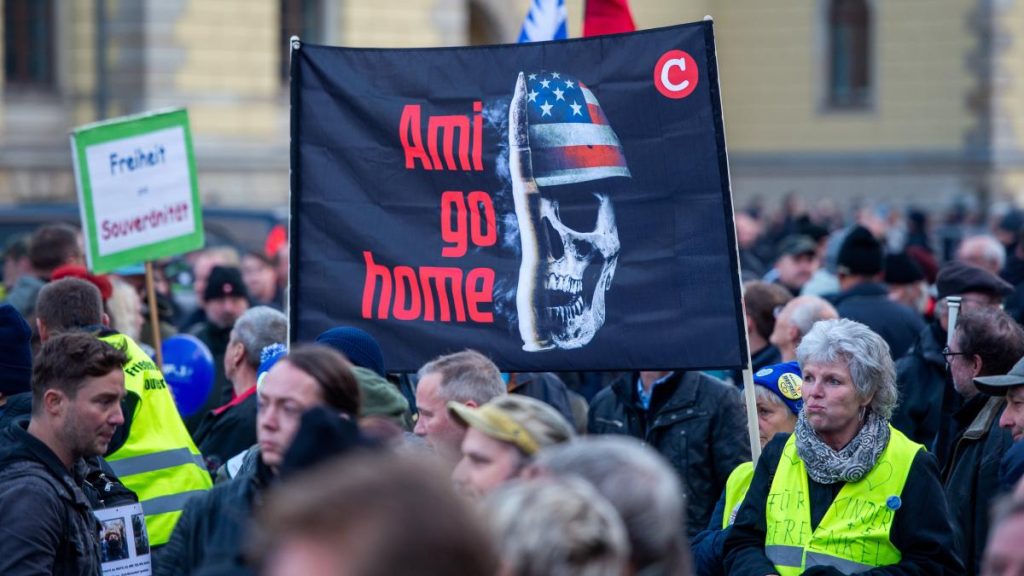Tobias Jaecker, a communication scientist and journalist, discusses the issue of anti-Americanism in German media in a recent interview. He highlights the historical roots of anti-American sentiment in Europe, dating back to the 19th century when the USA was viewed as a symbol of a modern and materialistic culture. This negative perception has been fueled by false dichotomies between traditional German craftsmanship and American commercialism. The association of Jews with Americanization and modernization further complicates the relationship between anti-Americanism and anti-Semitism.
The interview delves into the impact of the 9/11 terrorist attacks on the spread of anti-American sentiment, particularly in relation to subsequent wars in Iraq and Afghanistan. Jaecker explains how conspiracy theories surrounding the 9/11 attacks and the perceived economic motives of the USA gained traction in the era of social media, contributing to a broader anti-American discourse that is prevalent in Europe. He discusses how political figures like Boris Rhein and Björn Höcke have leveraged anti-American rhetoric to advance nationalist and protectionist agendas, positioning the USA as a scapegoat for global conflicts.
The interview also explores the role of far-right parties like the AfD in perpetuating anti-American sentiment. Figures within the AfD have promoted anti-American narratives, portraying the USA as an imperialistic force that threatens German sovereignty. Bystron’s call for a “sovereign Germany” and Gauland’s characterization of Americans as culturally inferior reflect the party’s anti-globalization stance. This ideology is tied to a rejection of liberal values and a preference for Russia as a counterbalance to the perceived excesses of the West.
Jaecker highlights how the media, including publications like “Compact,” contribute to anti-American attitudes by associating American cultural products with perversion and cultural imperialism. Even prominent figures like Richard David Precht have perpetuated these stereotypes, contributing to a broader narrative of American cultural dominance. The interview also touches on the phenomenon of cross-ideological alliances in anti-American protests, where left-wing and right-wing groups unite around anti-American sentiments.
In conclusion, Jaecker emphasizes the need to address economic and political challenges posed by large tech companies without resorting to anti-American rhetoric. He argues that Europe has the agency to counterbalance American influence without succumbing to divisive narratives. By understanding the historical roots and contemporary manifestations of anti-Americanism, societies can work towards more constructive and nuanced discussions on global politics and cultural exchange.


